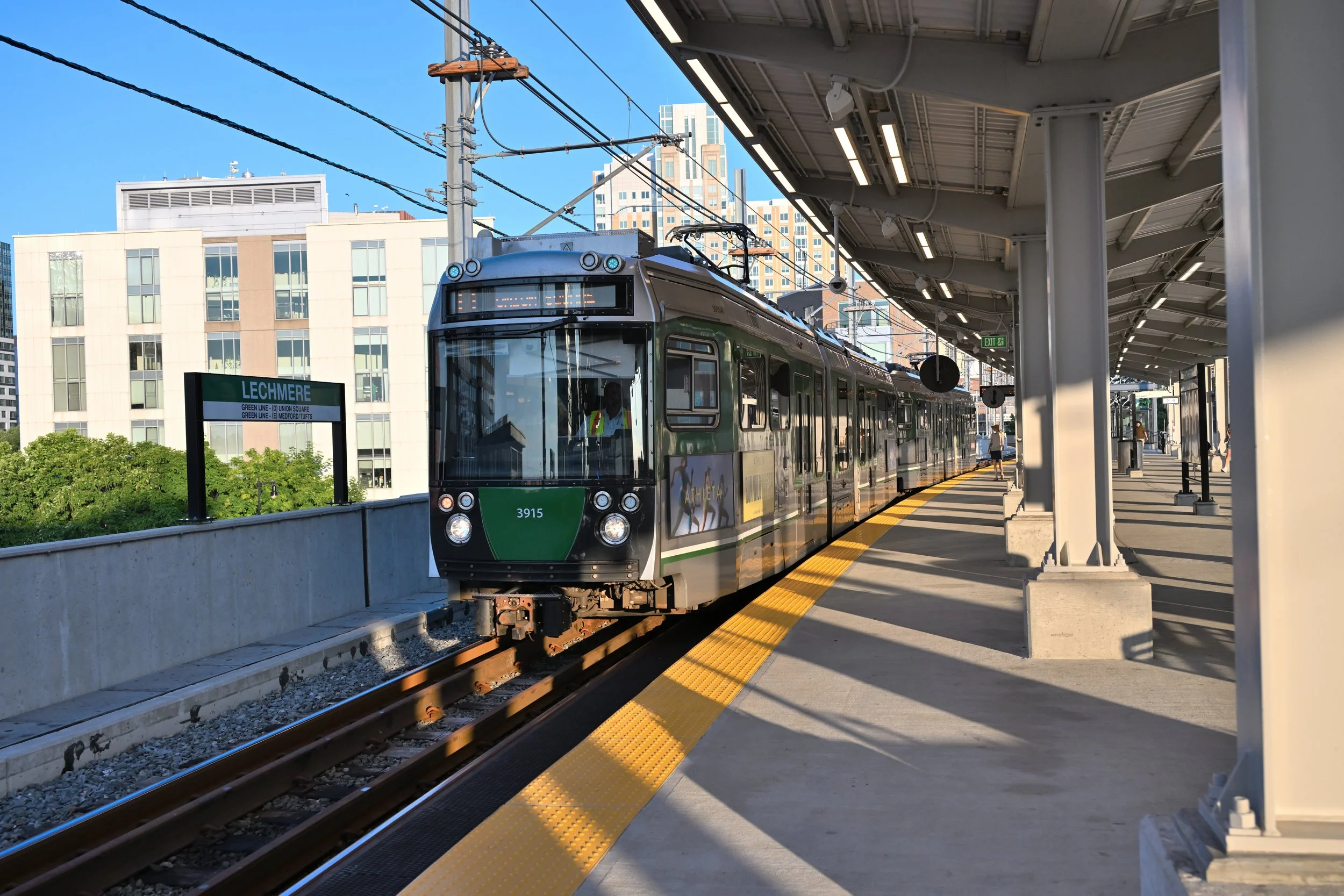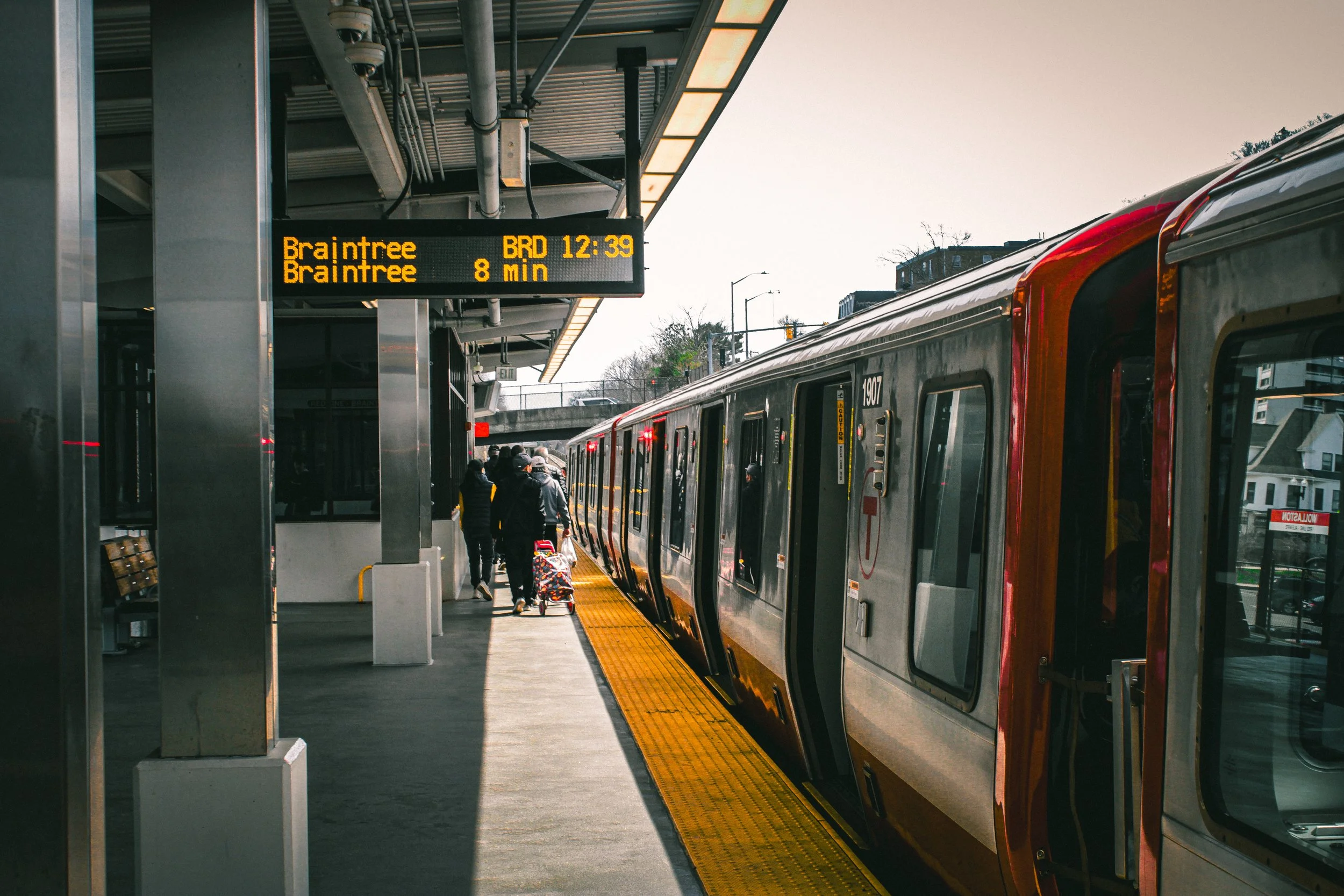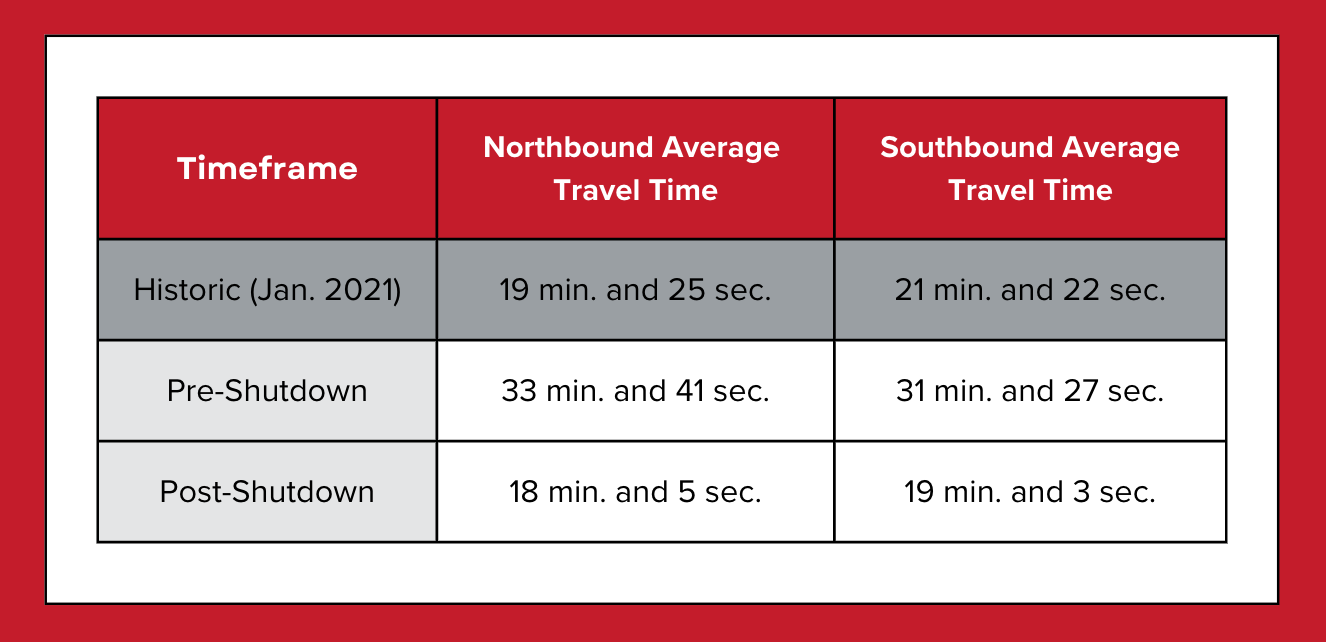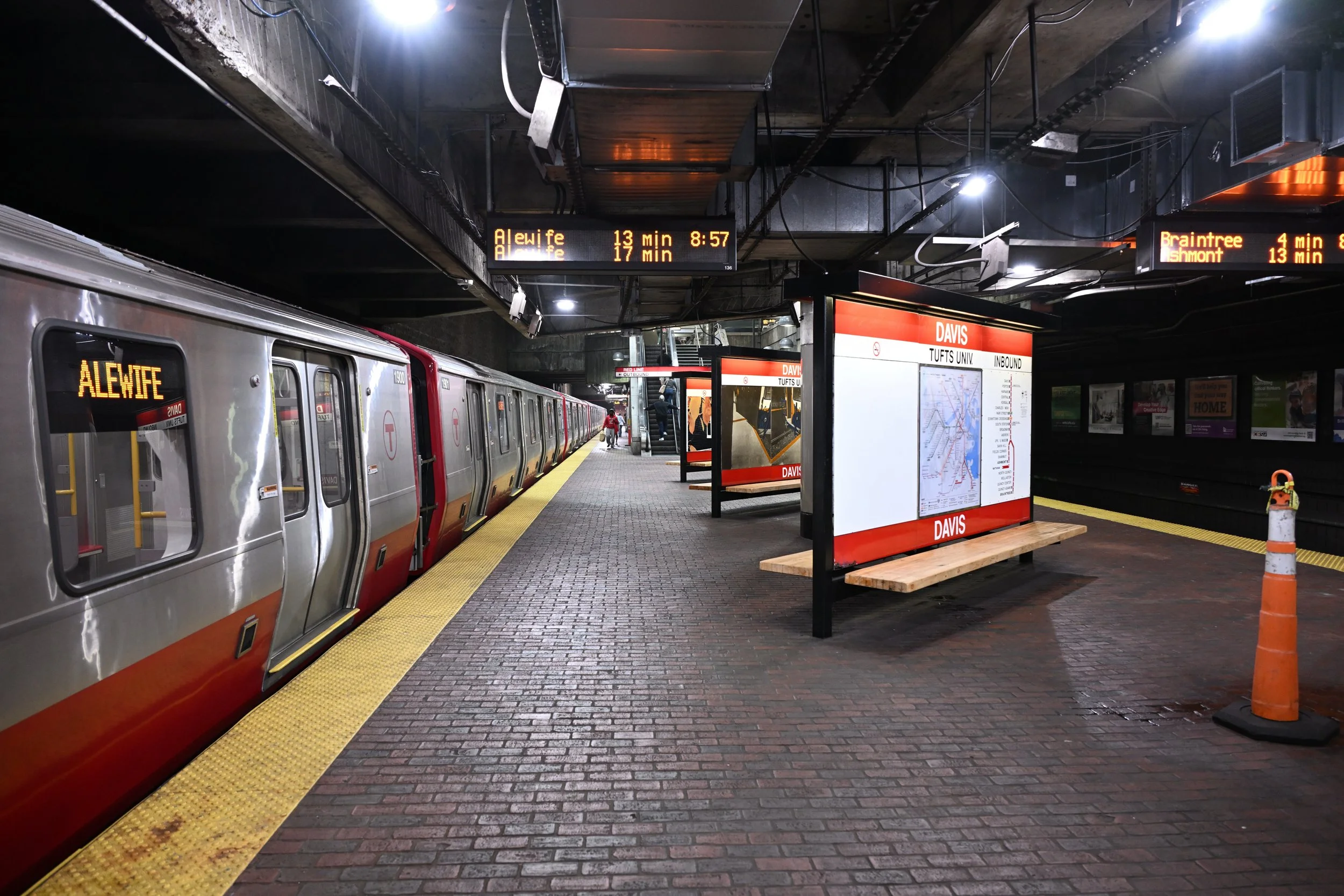
Media Statement: Green Line Derailment
This derailment highlights the urgent need for the long-overdue overhaul of the Green Line’s signal system. An upgraded system would likely have mitigated the overspeed that led to this derailment and could prevent similar incidents from occurring in the future.
BOSTON, October 17, 2024— TransitMatters is deeply disappointed to learn that the recent Green Line derailment resulted from excessive speed and operational negligence. This incident underscores the need for the MBTA to reinforce strict adherence to safety protocols across all levels of its operations.
We strongly urge the MBTA to commit to a thorough review of its training and operational oversight to ensure that all operators follow established safety rules. The safety of riders and employees alike must remain a top priority, and these incidents must be prevented at all costs.
While operator negligence appears to have been a key factor in this derailment, we hope that the MBTA is also examining the low-speed design of the switch where this event occurred. A design review could lead to adjustments that accommodate higher operating speeds, improving efficiency on the line and reducing the risk of future incidents.
Additionally, this derailment highlights the urgent need for the long-overdue overhaul of the Green Line’s signal system. An upgraded system would likely have mitigated the overspeed that led to this derailment and could prevent similar incidents from occurring in the future. Signal modernization must remain a top priority for the T, which requires sustained financial and operational commitment.
Lastly, we caution the MBTA against implementing performative or reactionary "safety measures" that would unnecessarily disrupt service on the Green Line without addressing core issues. Genuine improvements come from long-term, sustainable solutions, not quick fixes.
The MBTA’s funding model is fundamentally flawed. Without a shift toward long-term, stable financing, the T will continue to face challenges in completing the safety upgrades that are so clearly needed. We call on our leaders to provide the resources necessary to keep our transit system safe, reliable, and efficient for all riders.
For media inquiries, please e-mail media@transitmatters.org.
Photo Credit: James Wang
TransitMatters Analysis: South Shore, Slow no more
Even with the few slow zones that still remain on the Red Line today, this work marks a monumental point in the T’s efforts to eliminate slow zones across the network and fortify transit across the region.
BOSTON, October 9, 2024 — On September 6, 2024, the MBTA began a 24-day shutdown on the Red Line Braintree Branch, suspending service between JFK/UMass and Braintree to complete critical trackwork.
On September 30, 2024, the MBTA claimed it removed 37 speed restrictions across 18 miles of track, improving round-trip Braintree Branch travel times by 24 minutes. And based on our analysis, the agency did exactly that!
Here are the big takeaways from the shutdown:
The T delivered! The Red Line Braintree Branch is slow zone-free, and the entire Red Line is nearly slow zone-free.
This resulted in a time saving of nearly half an hour round-trip for riders.
PRE-SHUTDOWN
In January 2021 (the last month that the Red Line had no slow zones), the average travel time northbound between JFK/UMass and Braintree was 19 minutes and 25 seconds and 21 minutes and 22 seconds southbound.
By the end of August 2024—a week before the shutdown—the average travel time northbound between JFK/UMass and Braintree was 33 minutes and 41 seconds and 31 minutes and 27 seconds southbound.
POST-SHUTDOWN
A week following the shutdown, the average northbound travel time between JFK/UMass and Braintree was 18 minutes and 5 seconds and 19 minutes and 3 seconds southbound for over 27 minutes of saved round-trip travel time, as the T promised. Our Slow Zone Tracker also shows that the T removed all slow zones on the Braintree Branch.
This shutdown, a critical part of the Track Improvement Plan (TIP), was vital to improving service and reliability for the thousands of riders the Red Line sees weekly. Along with the trackwork, the T made essential station repairs and improvements, including repairs to the pedestrian overpass and roof at JFK/UMass Station.
Riders impacted by this shutdown were among the hardest hit, overwhelming alternative Commuter Rail and shuttle service capacity. However, following this shutdown, the MBTA hopes to see Red Line speeds return to 40 mph and potentially increase to 50 mph.
Still, a couple of slow zones remain today. In both directions, between JFK/UMass and Andrew, riders see 46 to 69 seconds of delay. Southbound from Central to Kendall/MIT, riders are seeing 28 seconds of delay. The T will address these remaining slow zones in brief shutdowns in November.
Two remaining Red Line shutdowns planned for this year will hopefully remove the final three slow zones on the Red Line.
November 5–10: Broadway to North Quincy
November 18–24: Harvard to Broadway
Even with the few slow zones that still remain on the Red Line today, this work marks a monumental point in the T’s efforts to eliminate slow zones across the network and fortify transit across the region.
To keep up with all things MBTA shutdowns, please visit mbtashutdowns.info.
Photo credit: Brooke Winter
TransitMatters Analysis: A Cause for Celebration as Red Line Slow Zones are Removed, Students Rejoice
Compared to early July, there are 3.6-minute savings northbound and 77-second savings northbound, bringing travel times back in line with pre-COVID averages.
Boston, August 19, 2024 — On June 18, the MBTA announced that it would shut down sections of the Red Line throughout July for the following days:
Between Alewife and Kendall on the evening of July 12 and during July 15–26
Between Alewife and JFK/UMass, the weekends of July 13–14 and July 27–28
Between Alewife and Park Street during the weekend of July 20–21 and the evenings of July 15–26
On July 30, the MBTA announced the shutdown's successful conclusion. The T removed nine speed restrictions, two more than initially planned, among other improvements.
Here are the big takeaways from the shutdown:
The T fixed nearly all track-related slow zones between Alewife and Kendall/MIT, resulting in almost five minutes of travel time savings (nearly in line with pre-COVID travel times)
The T’s extension of the shutdown to Park Street and JFK/UMass on weekends didn’t produce travel time savings for riders, but it did allow the T to remove five miles of scrap rail from the right of way as it had intended.
The semester speeds ahead
Removing the notorious slow zones between Harvard and Kendall/MIT will be a significant relief for students. Late last year, The Harvard Crimson published an op-ed describing a student's 38-minute commute from Alewife to Park Street. Luckily for this student, since the publication of this article, the average commute between those two stops has dropped by nearly 12 minutes, a 40% decrease. The latest shutdown, just in time for the fall semester, contributed around five minutes to the decline.
PRE-SHUTDOWN
In January 2021 (the last month that the Red Line had no slow zones), the average travel time northbound between Alewife and Kendall/MIT was 14 minutes and 14 seconds and 12 minutes and 58 seconds southbound.
By July 2024, the average travel time northbound between Alewife and Kendall/MIT was 17 minutes and 27 seconds and 15 minutes and 5 seconds southbound.
POST-SHUTDOWN
In the weeks following the shutdown, the average travel time northbound between Alewife and Kendall/MIT was 13 minutes and 39 seconds and 13 minutes and 48 seconds southbound - a savings of 4.8 minutes of travel time between Alewife and Kendall/MIT.
Compared to early July, there are 3.6-minute savings northbound and 77-second savings northbound, bringing travel times back in line with pre-COVID averages. Woohoo!
Riders may wonder why their trip through downtown has not yet improved despite the shutdown extending to Park Street or JFK/UMass on weekends and evenings. However, the MBTA announced that this extension allowed materials to be brought in and scrap rail removed rather than to fix additional slow zones.
Other closures under the Track Improvement Plan have maximized the efficiency of shutdowns by making additional improvements to stations as well. The T welcomed back Red Line riders with cleaner and fresher stations, some of which have received retiling, a powerwash, new lighting, and more.
The T still has some work to do. One slow zone, which slows riders down by half a minute, remains between Central and Kendall/MIT, as well as a group of slow zones between Kendall and Park Street. An additional Red Line shutdown is scheduled between Kendall/MIT and JFK/UMass between August 19 and 25.
This shutdown was originally scheduled for October but was moved to accommodate the academic calendar. The bulk of the slow time on the Red Line remains between JFK/UMass and Braintree. The MBTA plans to address these Braintree branch slow zones with a 24-day shutdown between September 6 and 29.
To keep up with all things MBTA shutdowns, please visit mbtashutdowns.info.
###
Photo Credit: James Wang
Categories
- Children (1)
- Diversions (1)
- Olympics (1)
- MAPC (2)
- Red–Blue Connector (2)
- Urban Design (3)
- Bus (4)
- Fares (4)
- Late Night Service (4)
- MBTA ROC (4)
- Silver Line (4)
- Snow (5)
- Blue Line (8)
- Emergency (8)
- Orange Line (8)
- Public Comment (8)
- Maintenance (9)
- Operations (9)
- Signage (9)
- Fare Collection (10)
- Labs (11)
- Safety (11)
- Planning (12)
- Communication (14)
- MBCR (14)
- MassDOT (14)
- Green Line (16)
- History & Culture (16)
- Red Line (18)
- MBTA Bus (21)
- Commuter Rail (24)
- Advocacy (26)
- Capital Construction (28)
- Politics (30)
- Podcast (35)
- News (38)
- Media (40)
- Funding (42)
- Statements (50)
- MBTA (57)










